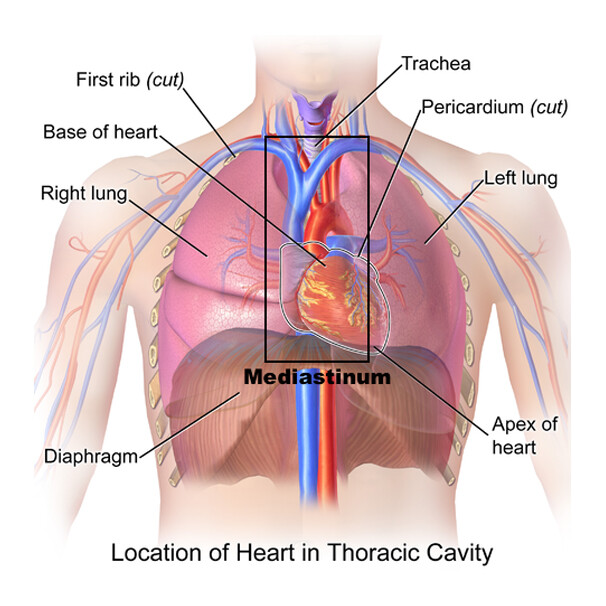
Aortic valve disease is a condition in which the valve between the main pumping chamber of your heart (left ventricle) and the main artery to your body (aorta) doesn't work properly.
Aortic valve disease sometimes may be a condition present at birth (congenital heart disease), or it may result from other causes.
There are two main types of aortic valve disease:
- Regurgitation (also known as aortic insufficiency) — the valve does not close completely, allowing blood to leak backward into the heart
- Stenosis — the valve does not open enough to allow blood to leave the heart and spread to the body
- Shortness of Breath
- Chest Pain
- Dizziness
There is no one test that can diagnose aortic valve disease, so your doctor may recommend one or more of the following: electrocardiogram (EKG), echocardiogram (echo), chest x-ray, blood tests, and coronary angiography.
BestHeartSurgery is a comprehensive information portal that gives both the common man and medical professionals.

